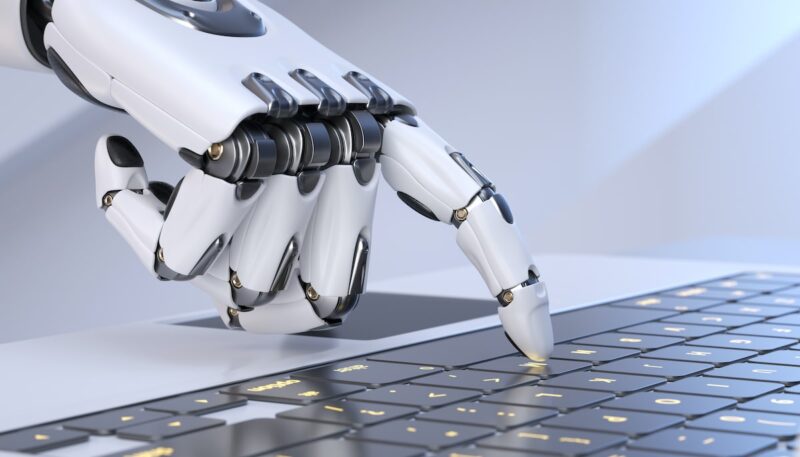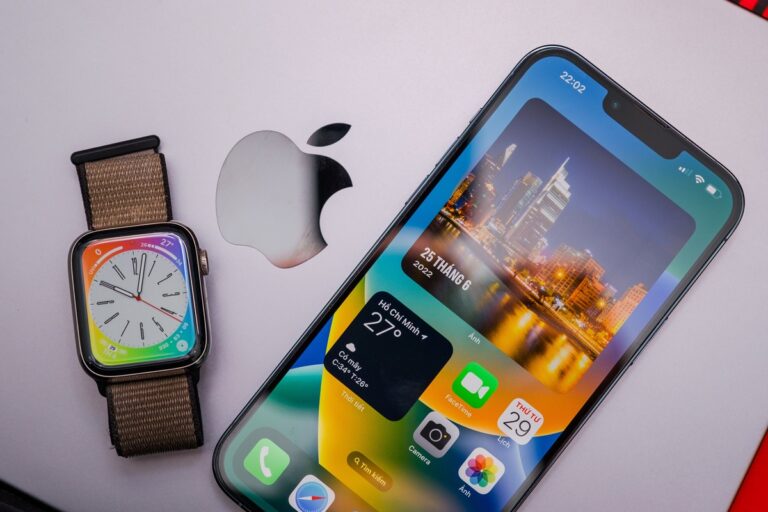Is It Time to Use AI and Machine Learning to Develop New Product Ideas
Even as an experienced product developer, innovating and devising forward-thinking ideas can be challenging. What would people find helpful? What will they want in the future? No matter how much practical knowledge you have, there may still be times when ideas evade you. The technological advancements of our time can support your pursuit of the next big idea. Let’s look at the crucial information you’ll need to leverage AI to generate the best new product ideas.
Developments in Artificial Intelligence
Understanding the basics of AI and machine learning is necessary for pursuing new product ideas for high-demand products to sell and more. Artificial intelligence is software imitating the human thought process to produce an outcome. Meanwhile, machine learning is a category of AI that refers to software training. Artificial intelligence is already employed in everyday life. Social media algorithms, digital voice assistants, and predictive text are examples of AI’s influence on society.
Recently, there have been incredible developments in artificial intelligence. With the release of ChatGPT by OpenAI, end-user-friendly AI has become widely known to the public. ChatGPT’s purpose is to provide information based on the human user’s prompt or question. For example, if someone provided their work experience to ChatGPT and asked it to make a resume, it could do so with relative skill. ChatGPT’s responses and answers are possible because the AI is trained on much data, namely the internet, textbooks, and articles. As of March 2023, ChatGPT is the most popular AI-powered chatbot within its vertical. As such, we’ll focus on using it to develop new product ideas.
Can AI Produce Ideas That Sell?
For product developers, generating a proposal is only part of the equation. You have to understand the elements that constitute ideas that sell. This, however, can often feel like reinventing the wheel. Consumer demands can be fickle – an idea that seems revolutionary may run stale before the product hits the market. Don’t let this be the pitfall of your project.
Any snags in the product development process can hurt your brand’s bottom line. So, whether you’re inventing a novel product or identifying ways to reiterate existing designs, it is crucial to have a solid grasp of market trends. That is where AI comes in. Machine learning and artificial intelligence can often make better predictions than the human mind. After all, no individual can retain the robust datasets available to AI platforms. Developments in artificial intelligence are moving toward tracking patterns to help predict where trends are headed.
Using AI for New Ideas
Another appealing aspect of using artificial intelligence for new product ideas is the speed with which you can develop concepts. Like our resume example, you can enter prompts related to your brands and ask ChatGPT for new product ideas. For example, if you’re a fashion designer, you might be looking for formal dress pattern ideas. You can enter a parameter paragraph such as:
- I need formal dress pattern ideas. Please describe three pattern ideas with their silhouette, strap type, and train length. Please only use black, navy, and red fabric colors. Exclude satin fabric as a choice.
In this example, it’s better to be specific in your prompt to point ChatGPT in the right direction. On the other hand, you can enter a vaguer prompt if you’re open to less particular ideas to work with. Here is one of the formal pattern ideas ChatGPT generated when given this prompt:
ChatGPT established an example of ideas that sell. The full answer took less than a minute to generate. The ease of this process leads to more questions. What does the future of product development careers look like in the face of AIs like ChatGPT when anyone can enter a prompt for product ideas?
Where’s the Human Aspect?
AIs like ChatGPT are still developing. Humans still need to be involved in making decisions, thinking about the product design process, and contemplating how a new product idea can fare on the market. Sure, ChatGPT can give ideas. However, there are nuances that computers still need to understand, like brand identity. Artificial intelligence is also less likely to understand the complexities of our society. Therefore, having a human check that ideas and references are culturally and societally appropriate is always a good idea. It is crucial to think of AI as a tool, not a replacement. AI is a tool for many professions and tasks, and as product designers, we can use it to fine-tune already existing ideas or help us develop new ones. Despite what AI predicts, there is also a perpetual need to conduct product research to gauge how successful a product could be.
AI and High-Demand Products That Sell
ChatGPT responded with smart home devices and eco-friendly products when asked about high-demand products to sell. Knowing that smart home devices and eco-friendly products are popular, you can incorporate these ideas into your design.
From designing high-demand products to sell to reiterating ideas to improve them, AI tools like ChatGPT can transform how product developers generate ideas. This AI is already considerably effective, yet it’s only going to become more powerful over time. Following the trends in AI will help you stay up-to-date with the available tools. As product developers, there is already a need to rely on digital platforms, such as project management software or word processors – AI will indeed become another one in the toolbox.
Rely on Gembah
While AI is a valuable tool for developing new product ideas, there is much room for improvement. So, rather than relying on tools that may need to be fully fleshed out, it is prudent to work with experts in the field. Our team at Gembah believes it takes a great process to make a great product. Utilizing our unique product design and manufacturing platform can help your company succeed.



